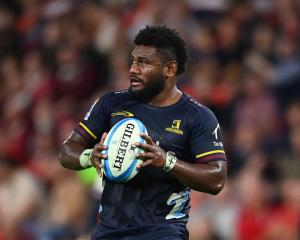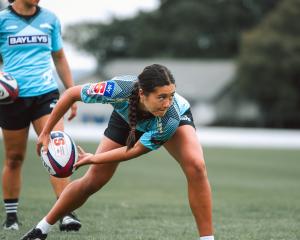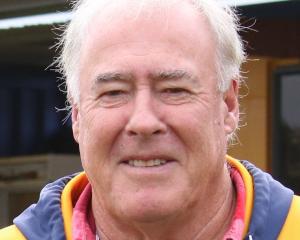New Zealand Rugby hopes to have a concussion baseline for every player in New Zealand and to do away with the standard three-week stand-down as millions are poured into injury prevention in the sport.
ACC is set to invest an additional $7 million into the Rugby Smart programme over the next four years in an attempt to increase injury prevention education which may reduce costs and injuries in rugby which are on the rise.
Last year, ACC spent $67 million treating injured rugby players. Nearly 80% of the 62,941 claims involved soft-tissue injuries such as strains and bruises. Most of the injuries came from tackles, rucks and mauls.
Otago racked up 4610 claims worth just under $5 million while Auckland had the most claims, nearly 19,000 claims costing $16.5 million.
The $67 million is the largest sports injury cost ahead of cycling and mountain biking injuries.
The injury rate in rugby has risen from 35,171 per 100,000 players in 2011 to 40,940 per 100,000 players in 2015. There are about 150,000 players in New Zealand.
New Zealand Rugby medical director Dr Ian Murphy said the initiatives had been under discussion for the past 18 months with ACC.
The Rugby Smart programme has been focused on coaches and managers' education but the new programmes would be expanded to include players.
``We want to have a broad awareness around injury prevention programmes right across the board. Simple awareness around things like wearing mouthguards, how to warm up properly, how to be properly hydrated,'' Murphy said.
He has big plans around concussion.
``With concussion we want to manage it properly. We want to have baseline data on players and will look to grow this and I am ambitious with what we want to do.
``We want to collect some baseline data on every registered player we have. It is not going to happen overnight and we'll take small steps but it could be done.''
He said baselines could be recorded for every player and put on an app. The app would be referred to by a doctor when a player was seeking a clearance to get back on the field. The app system may start at schoolboy and schoolgirl level in some unions next year.
A new blue card to be used by referees nationwide next season - it had been trialled by the Northland union - would enable referees to order players off the field if the referee suspected the player was concussed.
The referee would record the name of the player put off and it would go into a system so the player could be tracked and allowed back on the field only after being given approval by a doctor, looking at the baseline data.
Murphy said the compulsory three-week stand-down after a concussion was a very blunt tool. It just led to players getting frustrated and going and playing other codes before the three weeks were up or players going back after three weeks when they were not ready. The new system would treat every player individually.
He said the increased rate of injuries had a lot to do with an increased awareness of when people get injured.
``Every team you see these days, every first XV in the country, all have physios attached to them. We are really well serviced in team support and they are well aware of injuries and when to make claims.
``Of course we want them to make claims. It is a bit of a catch-22 situation ... but we believe the prevention message is very important.''
He said there was no clear evidence players getting bigger, stronger and faster was leading to more injuries.
All rules introduced to reduce traumatic injuries - such as those around high tackles and scrums - had reduced injuries.











